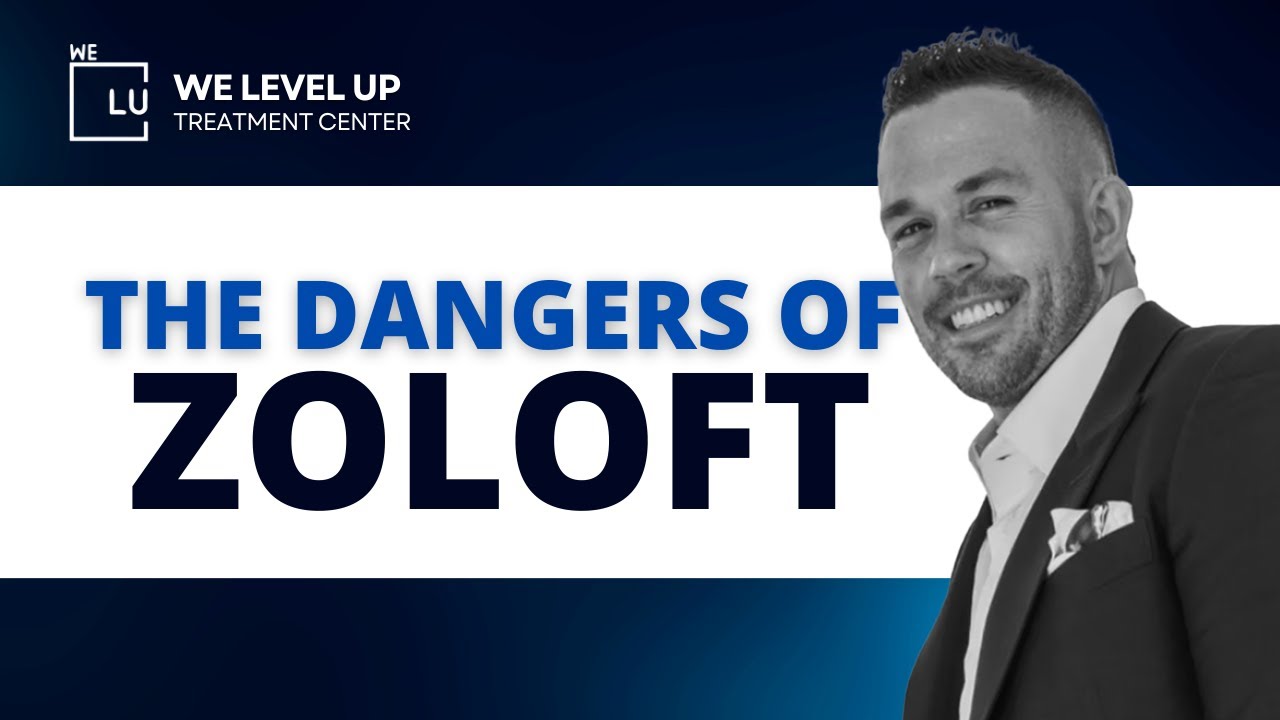For those seeking to overcome cocaine addiction, a cocaine detox is essential because it provides critical help in managing withdrawal symptoms and fosters a safer rehabilitation environment.
When someone decides to stop using cocaine, they may experience withdrawal symptoms, which can range in severity from mood changes and exhaustion to stronger cravings. Although the withdrawal symptoms from cocaine are often less than those from alcohol or opiates, each person’s experience may be different.
Are you seeking cocaine detox near you? Get facts about cocaine detox treatment at a local We Level Up detox center in Texas.
Cocaine Facts
The pure form, cocaine hydrochloride, has long been used by native cultures for its effects. It stimulates the central nervous system, which causes increased alertness and pleasure. Despite these immediate effects, careful identification and treatment intervention are necessary due to the addictive potential of the substance and the health consequences that follow, such as cardiovascular diseases and psychopathological symptoms.
Cocaine is categorized as a Schedule II prohibited substance in the US due to its strong tendency for abuse and the emergence of substance dependency.
Cocaine Withdrawal
Individual differences in the severity of withdrawal symptoms can be attributed to several factors, including:
- Age.
- General health.
- The amount and duration of cocaine used.
- The mode of administration.
- Possible co-occurring drug usage.
While most stimulant withdrawal is not accompanied by significant physical symptoms or acute medical risks, some people experience intense dysphoria, which can include despair and excessively negative thinking. This increases the likelihood of suicidal thoughts or a cocaine relapse.
While most withdrawal symptoms go away in a few days after stopping, some people might have a prolonged withdrawal that lasts for weeks and has substance-specific symptoms that don’t go away as quickly as predicted. This is known as protracted withdrawal. People who are troubled with their withdrawal symptoms may occasionally resort back to cocaine to help them feel better during this stage.
Cocaine Withdrawal Symptoms
Acute cocaine withdrawal symptoms may include the following:
- Fatigue.
- Mood swings.
- Increased appetite.
- Vivid dreams.
- Slowed activity.
- Restlessness.
- Depression.
- Anxiety.
- Paranoia.
- Intense cravings.
- Disrupted sleep patterns.
- Slowed thinking.
- Irritability.
When considering a cocaine detox, we strongly advocate opting for a well-monitored and medically assisted environment. This ensures your safety and comfort as you navigate through the process.
Detox encourages healing in a safe, comfortable environment and provides resources for withdrawal that lessen negative symptoms. With a staff of trained practitioners and caretakers, We Level Up Texas gives the ability to detox under the careful eye of professionals.
Also, we work to maximize comfort, offering over-the-counter and prescription medications as needed, psychological care, and personal support to encourage abstinence from cocaine and other drugs, both today and for years to come.
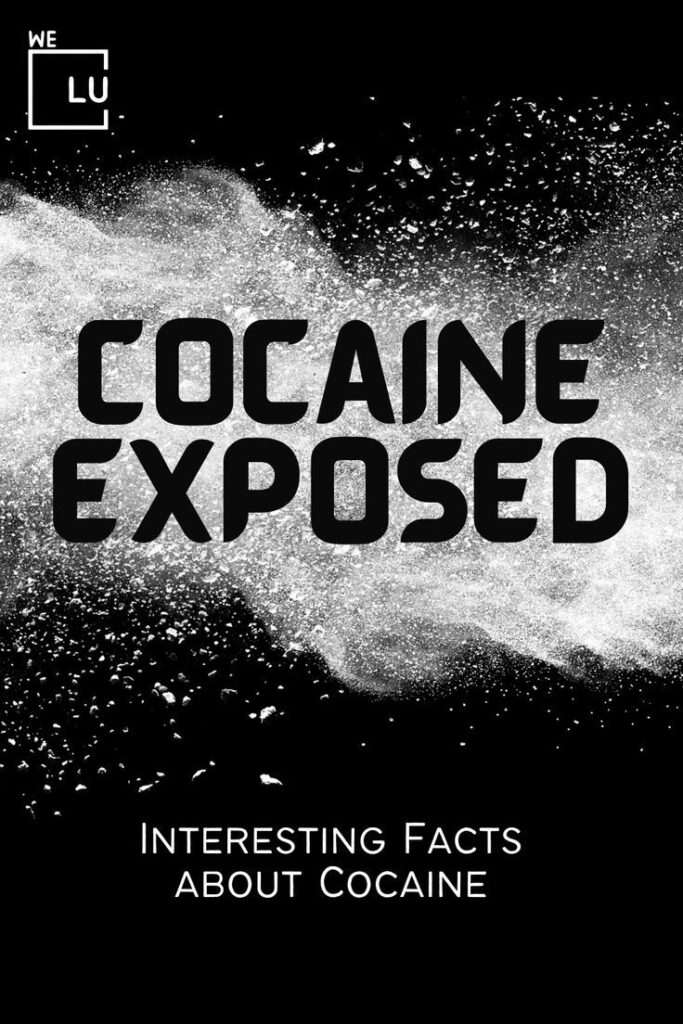
Skip To:
Learn More:
If you’re seeking assistance with your rehab journey, reach out to a We Level Up Texas treatment professional today—your call is free and confidential.
Get Help. Get Better. Get Your Life Back.
Searching for Accredited Drug and Alcohol Rehab Centers Near You? We Level Up Texas Is Opening Soon!
Even if you have failed previously and relapsed, or are in the middle of a difficult crisis, we stand ready to support you. Our trusted behavioral health specialists will not give up on you. When you feel ready or just want someone to speak to about therapy alternatives to change your life call us. Even if we cannot assist you, we will lead you to wherever you can get support. There is no obligation. Call our network hotline today.
FREE Addiction Hotline – Call 24/7In-Depth Look at Cocaine Withdrawal Effects
Long-term, continued cocaine use quickly leads to late-stage addiction. In this stage, the user’s risks are significant and critical to be aware of. The most severe of the possible outcomes is that of overdose and death.
The severe cravings and mental drug dependency that cocaine users develop mean that stopping use requires a detox period. Depending on the length of time used and the amount used, cocaine detox may bring different physical and physiological withdrawal symptoms. Most users will undergo a level of decreased energy as well as increased anxiety and irritability.
Unlike substances such as alcohol and heroin, withdrawal symptoms such as vomiting and tremors are not inevitable. However, a mixture of alcohol and cocaine abuse is typical and can trigger these more severe symptoms. Psychological withdrawal symptoms associated with cocaine detox include difficulty concentrating, decreased thinking or activity, hostility, depression, anxiety, vivid dreams or nightmares, paranoia, suicidal thoughts or behaviors, and increased cravings for cocaine.
The Most Common Signs of Cocaine Withdrawal
- Fatigue.
- Lack of pleasure.
- Irritability and anxiety.
- Suspicion or paranoia.
- Agitation.
- Trouble eating or sleeping.
Cocaine Addiction Dangers
Using cocaine stimulates the production of dopamine, a chemical in the human brain responsible for pleasure. However, too much exposure to this drug will eventually make one want to experience that feeling repeatedly. Hence, the brain will prompt the need for the trigger.
Below are the significant reasons why cocaine harshly affects a user and is hard to stop. Despite the euphoria cocaine can bring to an individual, the risks of danger to your health are still more significant.
- Difficulties with Withdrawal: Quitting cocaine causes severe symptoms of withdrawal, such as sadness, exhaustion, and intense cravings.
- Risks to the Heart: Abuse of cocaine is associated with severe cardiac problems, such as arrhythmias, hypertension, and heart attacks.
- Impact on Mental Health: The substance has a significant effect on mental health, exacerbating psychiatric problems, anxiety, and paranoia.
- Financial Strain: Maintaining a cocaine habit is expensive and unstable from a financial standpoint.
- Legal Consequences: Because cocaine usage is prohibited, users run the risk of facing legal issues and perhaps imprisonment.
- Legal Repercussions: Users of cocaine incur the possibility of encountering legal problems and maybe going to jail.
- Tolerance Development: Over time, tolerance may develop, requiring higher dosages for the intended effects.
- Social Strain: Cocaine use strains relationships, fostering social isolation and alienation from friends and family.
- Occupational Risk: Impact on cognition and behavior jeopardizes employment stability.
- Physical Health Decline: Prolonged cocaine use leads to physical health deterioration, affecting various organ systems.
Cocaine dependence is a common side effect for those who use the substance regularly. When someone uses cocaine frequently and depends on it to carry out daily tasks, they become dependent.
Genetics may be a significant factor in determining how quickly someone develops a dependence on cocaine following their initial substance use. Cocaine dependence can develop at varying speeds in different people.
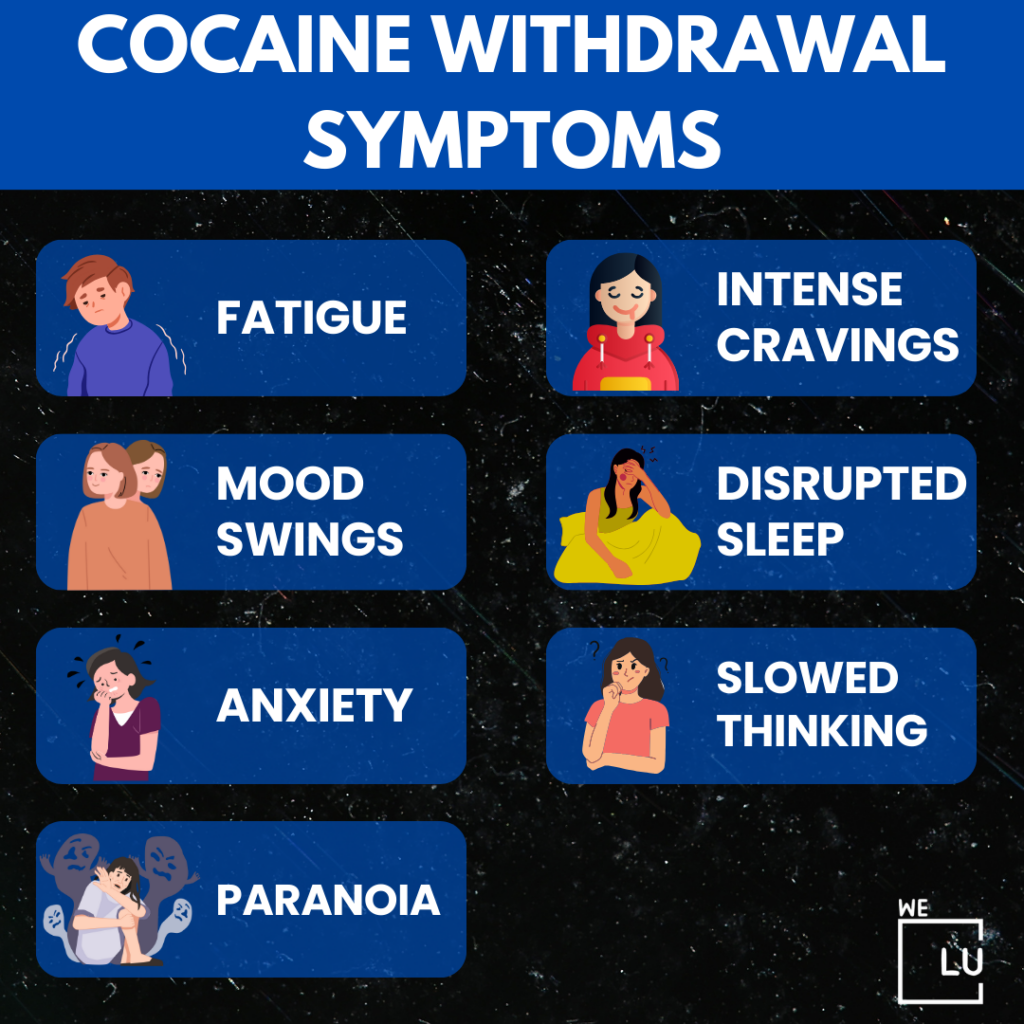
The effects of cocaine on dopamine neurotransmission in the brain can be used to explain some of the behaviors associated with both dependency and withdrawal. Dopamine, a chemical messenger involved in motivation and reward, can be significantly more active in brain circuits when cocaine is used.
Dopamine activity increases caused by cocaine greatly encourage drug use.
How Long Does It Take To Detox From Cocaine?
Depending on the amount and type of cocaine a person consumes, withdrawal symptoms may take time to manifest.
For example, consistent use of crack cocaine is linked to a considerably quicker start of withdrawal symptoms. Acute withdrawal symptoms from cocaine often last 3–4 days. Nonetheless, for some people, some withdrawal symptoms from cocaine can last for 3–4 weeks.
Longer-lasting or more intense withdrawal symptoms may vary in intensity and duration from person to person. For instance, research assessing the development of cocaine addicts in their rehabilitation discovered a lack of improvement in impulse control even after four weeks of abstinence.
The chance of relapsing can rise with more severe cases of cocaine withdrawal. According to one study, [1] patients who performed poorly on a test to measure the severity of their cocaine withdrawal were four times more likely to start using the drug again.
By reducing the chance of relapse, medically managed cocaine withdrawal offers social and medical support to ensure someone has a safe and comfortable withdrawal time.
Get addiction counseling that works. Discover professional help from We Level Up Texas’ addiction and mental health therapists. Start getting support with a free call to our addiction hotline.
Cocaine Withdrawal Timeline
The time it takes for cocaine withdrawal symptoms to appear varies, but they usually do so hours after the last usage.
1st Week: There may be intense cravings, weariness, and mood fluctuations early on. These symptoms worsen over the first week and are accompanied by restlessness, irritability, and irregular sleep patterns.
2nd Week: Depression, reduced cognitive function, and persistent cravings are possible during the second week.
3rd Week: In the third and fourth weeks, overcoming the emotional obstacles becomes more apparent, with some people displaying anger and anxiousness.
1 Month: After over a month, lingering effects such as sporadic cravings and occasional exhaustion may still exist. It’s important to remember that every person has a different experience, depending on use frequency and general health.
Getting expert help throughout the withdrawal phase increases the chances of a more successful recovery.
Opening Soon! First-Class Facilities & Amenities
World-Class High-Quality Addiction & Mental Health Rehabilitation Treatment
Coming Soon! Rehab Centers TourRenowned Addiction Centers. Serene Private Facilities. Inpatient Rehab Programs Vary.
FREE Addiction Hotline – Call 24/7Proven recovery success experience, backed by a Team with History of:
15+
Years of Unified Experience
100s
5-Star Reviews Across Our Centers
10K
Recovery Success Stories Across Our Network
- Low Patient to Therapist Ratio
- Onsite Medical Detox Center
- Comprehensive Dual-Diagnosis Treatment
- Complimentary Family & Alumni Programs
- Coaching, Recovery & Personal Development Events
Benzo Detox Infographics
The infographic below outlines the potential symptoms of acute cocaine withdrawal, which may include:
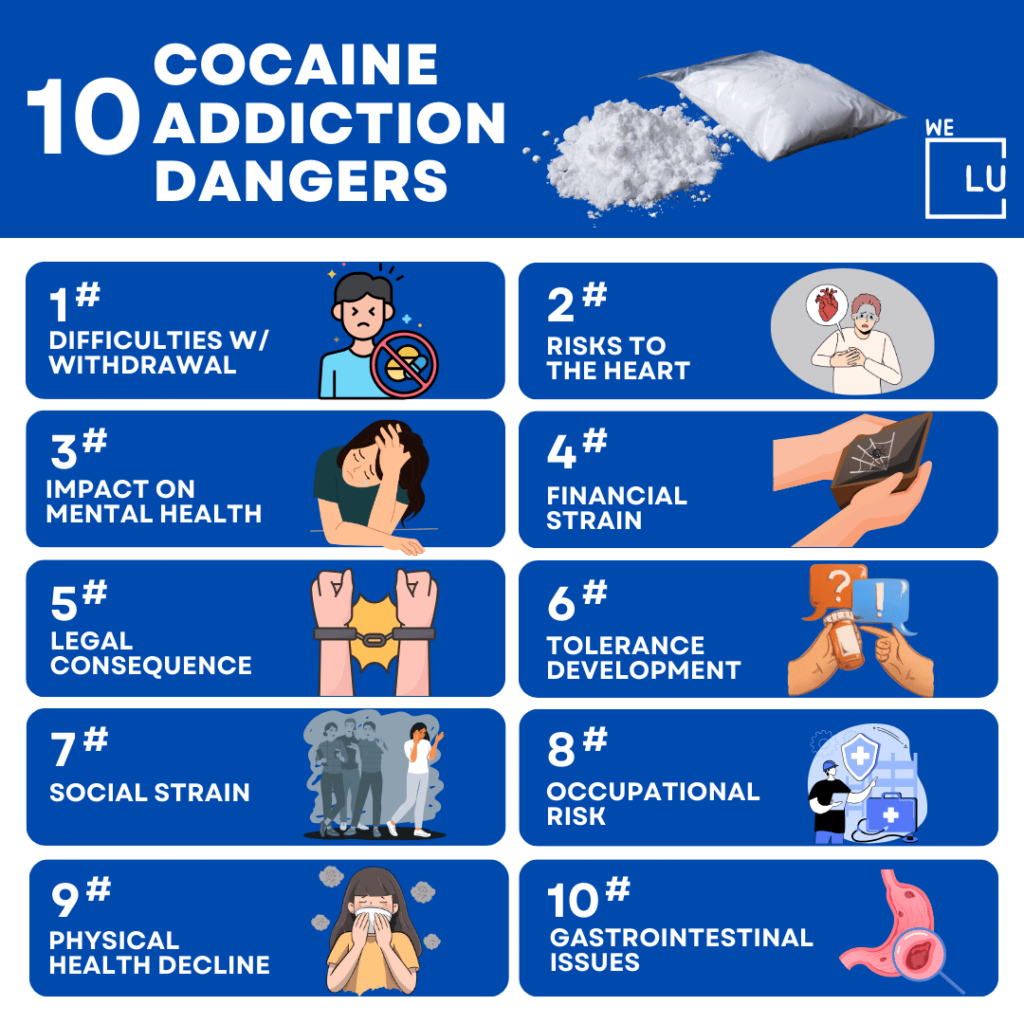
Embed the above “10 Cocaine Addiction Dangers” Infographic to your Website. This infographic is provided by the We Level Up Addiction Treatment Center team. To use the above infographics, you agree to link back and attribute its source and owner at https://weleveluptx.com/cocaine-detox/
10 Cocaine Addiction Dangers image link: https://weleveluptx.com/wp-content/uploads/2024/02/10-Cocaine-Addiction-Dangers-1024×1024.png
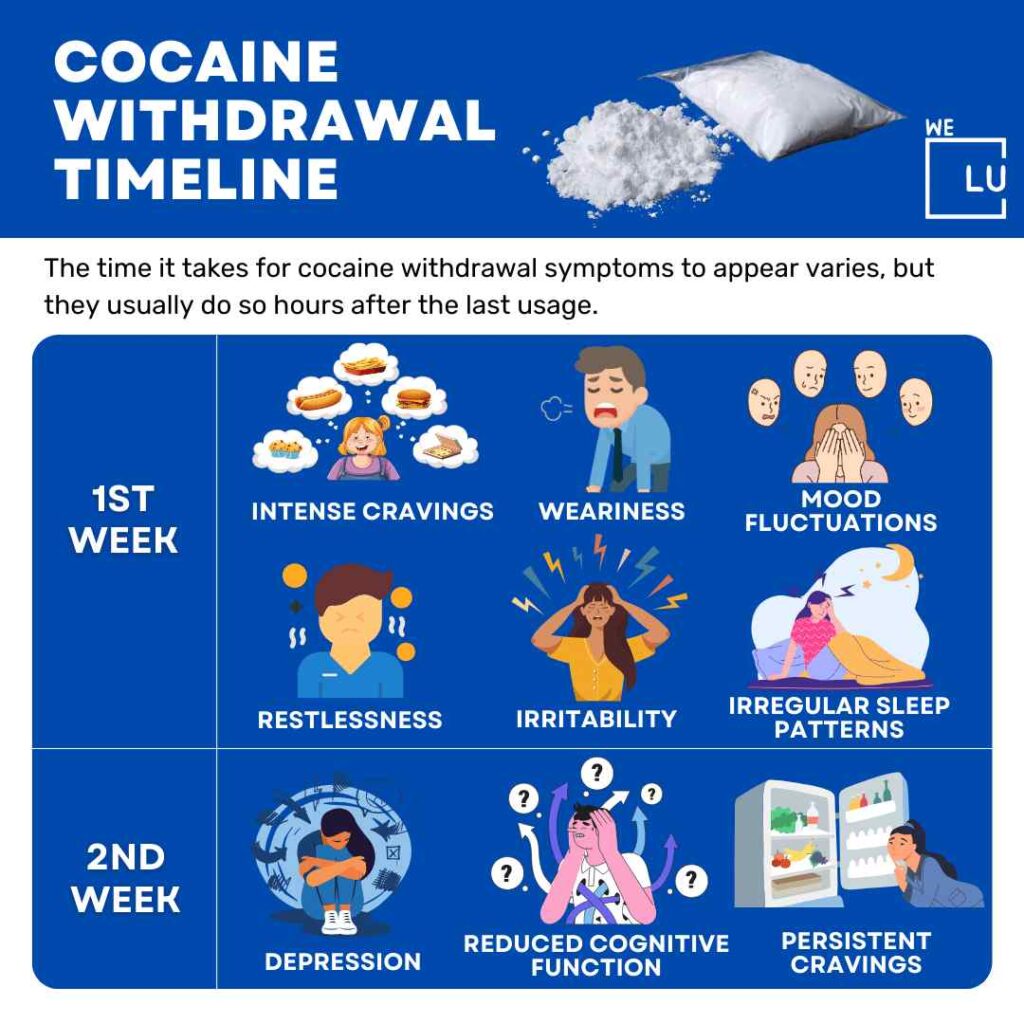
Embed the above “Cocaine Withdrawal Timeline 1” Infographic to your Website. This infographic is provided by the We Level Up Addiction Treatment Center team. To use the above infographics, you agree to link back and attribute its source and owner at https://weleveluptx.com/cocaine-detox/
Cocaine Withdrawal Timeline 1 image link: https://weleveluptx.com/wp-content/uploads/2024/02/Cocaine-Withdrawal-Timeline-1-Cocaine-Detox-Timeline-Withdrawal-How-Long-Does-It-Take-To-Detox-From-Cocaine-What-is-Cocaine-Is-Cocaine-Addictive-Cocaine-Brain-Effects-and-St-1024×1024.jpg
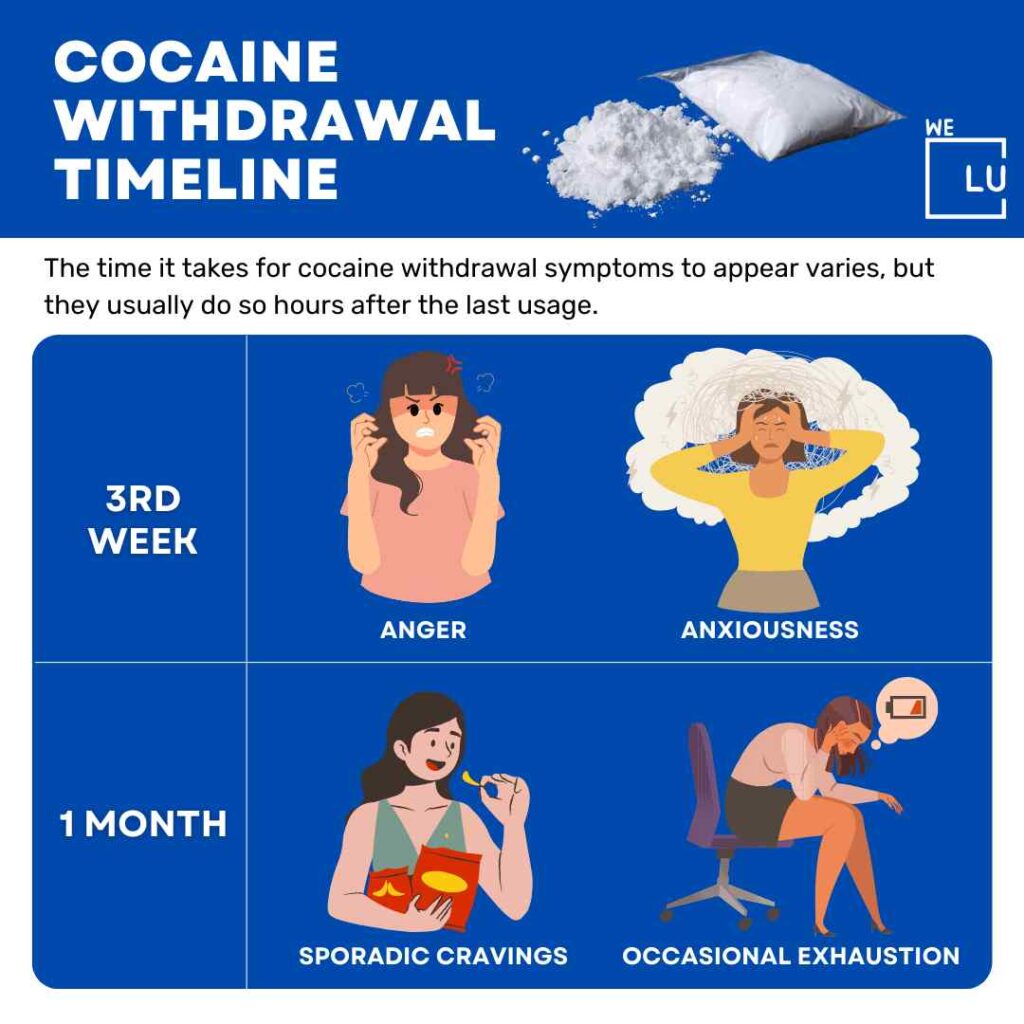
Embed the above “Cocaine Withdrawal Timeline 2” Infographic to your Website. This infographic is provided by the We Level Up Addiction Treatment Center team. To use the above infographics, you agree to link back and attribute its source and owner at https://weleveluptx.com/cocaine-detox/
Cocaine Withdrawal Timeline 2 image link: https://weleveluptx.com/wp-content/uploads/2024/02/Cocaine-Withdrawal-Timeline-2-Cocaine-Detox-Timeline-Withdrawal-How-Long-Does-It-Take-To-Detox-From-Cocaine-What-is-Cocaine-Is-Cocaine-Addictive-Cocaine-Brain-Effects-and-St-1024×1024.jpg
Understanding Cocaine Withdrawal Treatment
Cocaine detox is about letting your body clear the drug. It’s a challenging process where your body adjusts to not having cocaine. Though withdrawal can be difficult, remember it’s temporary. Stay determined, and you can manage cravings with motivation and let your body heal.
Cocaine Withdrawal Medications
Since there are no FDA-approved drugs, particularly for cocaine dependency, pharmaceuticals are generally not utilized during cocaine withdrawal. Nonetheless, medical practitioners may use the proper drug to treat specific symptoms or co-occurring illnesses. Seeking advice from a medical expert is crucial to decide how best to treat withdrawal symptoms and encourage healing.
Cocaine Detox and Inpatient Therapies
As the first step in clearing the body of this potent stimulant, cocaine detox is a crucial stage in the treatment of cocaine addiction. The main objective is to provide the safe and orderly withdrawal of cocaine, enabling users to overcome the physical difficulties associated with it. However, treating the psychological side of addiction is just as important, and this is where inpatient treatments are crucial.
In an organized, supportive environment, people may examine the underlying causes of their substance use at inpatient treatment facilities. The comprehensive and science-based inpatient therapy approach includes counseling, behavioral treatment, and support group participation. This comprehensive strategy addresses the acute challenges of detoxification while giving individuals access to the required resources.
Dangers of Home Detox for Cocaine
Cocaine detox demands careful consideration of risks and a professional support system. Attempting it at home lacks medical supervision, posing physical complications like seizures and psychological dangers such as severe depression or even suicidal thoughts. Managing withdrawal is challenging, with symptoms varying, and without professional support, the risk of overdose increases. Medical supervision during the cocaine detox process is crucial for a safer and more manageable experience.
Do Detox Drinks Work for Cocaine?
Detox drinks can be risky. Some may contain harmful ingredients, false health claims, or unpasteurized juices that can make people sick. High-oxalate foods in certain juices may pose a risk, especially for kidney problems, and extreme diets or colon cleansing can have serious side effects like dehydration and electrolyte imbalances. It’s crucial to consult health care providers before trying detox diets and discuss any complementary health approaches for well-informed decisions about your health.
We Level Up Cocaine Drug Detox in Texas
When thinking about detoxing from cocaine, focus on maintaining healthy habits like eating well and exercising. This is crucial for your body and mind as it tackles challenges. Additionally, engaging in entertainment can be a helpful distraction from symptoms, and at our rehabilitation centers, we provide nutritious meals, spacious surroundings, and various activities to support your recovery.
Our specialized and modern detox rooms and round-the-clock nursing care ensure a safe and comfortable environment for rest and recovery. While detoxing at a We Level Up Texas facility, you can also participate in on-site sessions like group therapy, seminars, and workshops, offering valuable insights into your addiction and long-term recovery strategies.
Following the completion of a cocaine detox at We Level Up Texas Addiction Treatment Center, several different treatment options help individuals struggling with addiction. Care can be provided on an inpatient and various levels of care. Your addiction treatment team will recommend levels of care depending on your current progress in recovery, your experience with addiction and recovery, your motivation, and your home situation.
Are you seeking a cocaine detox near me? Get a free rehab insurance check without any obligation. The result can help you explore several treatment options.
What is Cocaine? Is Cocaine Addictive? Cocaine Brain Effects and Street Names | Informative Video
Start a New Life
Begin with a free call to an addiction & behavioral health treatment advisor. Learn more about our dual-diagnosis programs. The We Level Up treatment center network delivers recovery programs that vary by each treatment facility. Call to learn more.
- Personalized Care
- Caring Accountable Staff
- World-class Amenities
- Licensed & Accredited
- Renowned w/ 100s 5-Star Reviews
We’ll Call You
Search We Level Up Texas Cocaine Detox, Addiction Treatment Topics, and Resources
Sources
- Richards JR, Laurin EG. Cocaine. [Updated 2023 Jun 8]. In: StatPearls [Internet]. Treasure Island (FL): StatPearls Publishing; 2023 Jan-. Available from: https://www.ncbi.nlm.nih.gov/books/NBK430769/
- Nestler EJ. The neurobiology of cocaine addiction. Sci Pract Perspect. 2005 Dec;3(1):4-10. Doi: 10.1151/spp05314. PMID: 18552739; PMCID: PMC2851032. Related study to How long to detox from cocaine?
- Schwartz EKC, Wolkowicz NR, De Aquino JP, MacLean RR, Sofuoglu M. Cocaine Use Disorder (CUD): Current Clinical Perspectives. Subst Abuse Rehabil. 2022 Sep 3;13:25-46. Doi: 10.2147/SAR.S337338. PMID: 36093428; PMCID: PMC9451050.
- Center for Substance Abuse Treatment. A Guide to Substance Abuse Services for Primary Care Clinicians. Rockville (MD): Substance Abuse and Mental Health Services Administration (US); 1997. (Treatment Improvement Protocol (TIP) Series, No. 24.) Chapter 5—Specialized Substance Abuse Treatment Programs. Available from: https://www.ncbi.nlm.nih.gov/books/NBK64815/
- Clinical Guidelines for Withdrawal Management and Treatment of Drug Dependence in Closed Settings. Geneva: World Health Organization; 2009. 4, Withdrawal Management. Available from: https://www.ncbi.nlm.nih.gov/books/NBK310652/
- Morton WA. Cocaine and Psychiatric Symptoms. Prim Care Companion J Clin Psychiatry. 1999 Aug;1(4):109-113. Doi: 10.4088/pcc.v01n0403. PMID: 15014683; PMCID: PMC181074.
- Haasen C, Prinzleve M, Gossop M, Fischer G, Casas M. Relationship between cocaine use and mental health problems in a sample of European cocaine powder or crack users. World Psychiatry. 2005 Oct;4(3):173-6. PMID: 16633544; PMCID: PMC1414771.
- Kampman KM. The treatment of cocaine use disorder. Sci Adv. 2019 Oct 16;5(10):eaax1532. Doi: 10.1126/sciadv.aax1532. PMID: 31663022; PMCID: PMC6795516. Learn the safer options | How to detox your body from cocaine?; how to detox from cocaine?; cocaine detox symptoms; How to detox from coke?; detoxing from coke.
- Qureshi AI, Chaudhry SA, Suri MF. Cocaine use and the likelihood of cardiovascular and all-cause mortality: data from the Third National Health and Nutrition Examination Survey Mortality Follow-up Study. J Vasc Interv Neurol. 2014 May;7(1):76-82. PMID: 24920992; PMCID: PMC4051909.
- Things You Need to Know About Cocaine Detox Drinks and Their Dangers – “Detoxes” and “Cleanses”: What You Need To Know – National Center for Complementary and Integrative Health (.gov)




